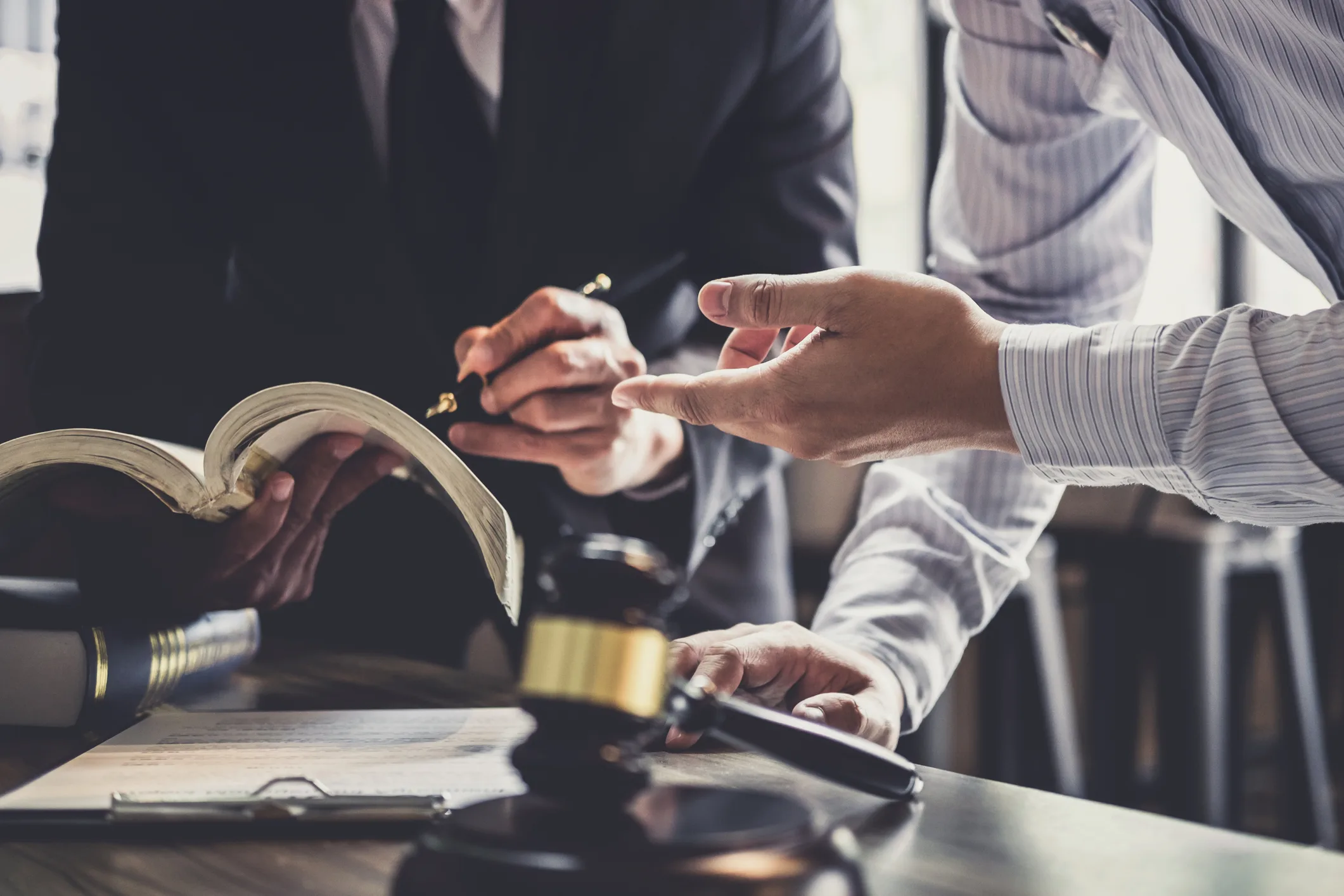First, be sure to receive responses to your expert witness interrogatories and your Expert Request for Production. I would recommend that you review their expert’s report and their discovery responses with your expert. Let your expert educate you and help you understand the topic, opinions, and conclusions of the expert you will be deposing. Your expert may also suggest a line of questioning. It is good practice to bring your own expert to the deposition.
To start the deposition, you should get a copy of the expert witnesses’ file and attach it as an exhibit to the deposition.
I suggest that you obtain information about how and when the expert was retained in the case, what they were told about the purpose of their engagement, and the existence of an engagement letter. I would also inquire about the expert’s compensation including their billing records, time sheets and total compensation paid. It is important to inquire as to the percentage of the expert’s total income that the expert earns from performing expert witness services and what percentage is for plaintiff vs. defendant, husband vs. wife, if applicable. Additionally, you need to know all other matters in which they were retained by opposing counsel or their client.
Inquiry into what communications (conversations, emails, or text) the expert had with opposing counsel, their client or any witness or other third party is appropriate. This may include any communication the expert had with another expert or even with support staff. Furthermore, you need to ask what documents and evidence the expert requested, as well as what documents and evidence the expert reviewed. The expert should be asked which document or evidence he relied upon for his opinion, which he reviewed but did not rely upon, and why.
At this point, you need to know what methodology the expert used in formulating their opinions. You should also ask about all the assumptions the expert made in formulating their opinions. Furthermore, for each opinion, have them specify the basis for each specific opinion. It is advisable that you lock the expert into their opinions so they cannot correct any inconsistencies later.
It is important that, at no time during the deposition you tip your hand to their weakness or flaws in their opinion. Arguing with an expert at this point is useless. Merely say, “thank you” and conclude your questioning. Save your attack for trial.


